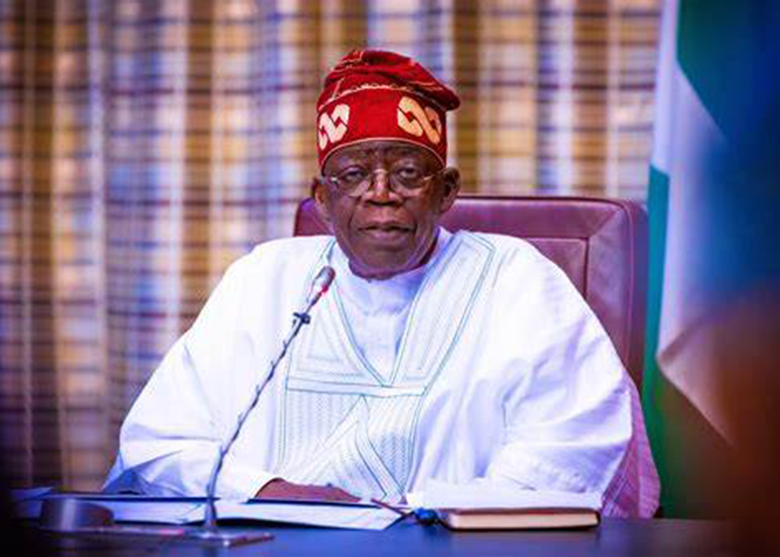As President Bola Ahmed Tinubu marks the first anniversary of his tenure as President of Nigeria, the nation reflects on a year marked by significant changes and challenges. Tinubu’s administration has been characterized by a series of impactful decisions, some of which have sparked controversy and others aimed at long-term reform.
Here, we highlight key events from his year of governance, encompassing achievements and difficulties.
- Fuel Subsidy Removal
One of the most consequential decisions of Tinubu’s presidency was the removal of fuel subsidies. This move, aimed at reducing government expenditure and redirecting funds to more critical sectors, has had a profound impact on the economy and the daily lives of Nigerians. While it alleviated the financial burden on the government, the removal led to an immediate increase in fuel prices, which has been met with significant public discontent. The decision underscores Tinubu’s commitment to fiscal reforms, albeit with the challenge of managing the socioeconomic fallout.
- Increased Dollar Rate
The Tinubu administration has also navigated a turbulent exchange rate environment. The value of the naira has depreciated significantly against the dollar, driven by various factors including the global economic climate and internal fiscal policies. This increase in the dollar rate has intensified inflationary pressures, making imports more expensive and impacting the cost of living. Businesses and consumers alike have felt the strain, prompting calls for more robust measures to stabilize the currency and protect the economy from further shocks.
- Cap on Crypto Trading
In a bid to regulate the burgeoning digital economy, Tinubu’s government imposed a cap on cryptocurrency trading. This decision was framed as a measure to curb financial crimes and ensure economic stability. However, it has also stifled a growing sector many young Nigerians see as the future of any thriving economy. The cap drew mixed reactions, with some praising the government’s caution and others criticizing it for stifling innovation and economic freedom.
- Introduction of Nigerian Student Loans
Amidst the economic challenges, one of the notable positive initiatives has been the introduction of Nigerian student loans. This program aims to increase access to higher education by providing financial support to students. It represents a significant step towards educational reform and investment in human capital. The long-term success of this initiative will depend on its implementation and the ability to ensure that the loans are accessible to the students who need them most.
- Increase in the Cost of Livelihood
Perhaps the most pervasive issue of Tinubu’s first year has been the increase in the cost of living. Inflation has soared, affecting the price of basic goods and services from food to transportation. The average Nigerian family has found their budget stretched thin with the situation partly a consequence of the removal of the fuel subsidy and the devaluation of the naira, among other factors. The administration faces the daunting task of curbing inflation and alleviating the economic pressures on its citizens.
As President Tinubu’s administration crosses the one-year mark, the nation stands at a crossroads with many uncertainties on what to expect in the coming years. Moving forward, the effectiveness of Tinubu’s policies will be judged by their ability to foster sustainable economic growth and improve the standard of living. The journey ahead remains complex and uncertain, but the decisions made in this inaugural year will have lasting impacts on the future of Nigeria.

